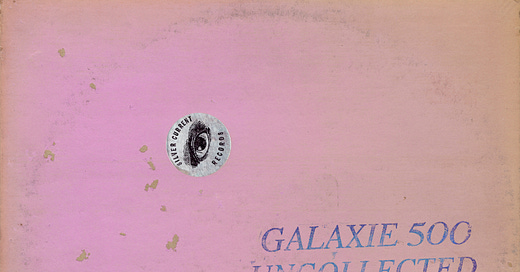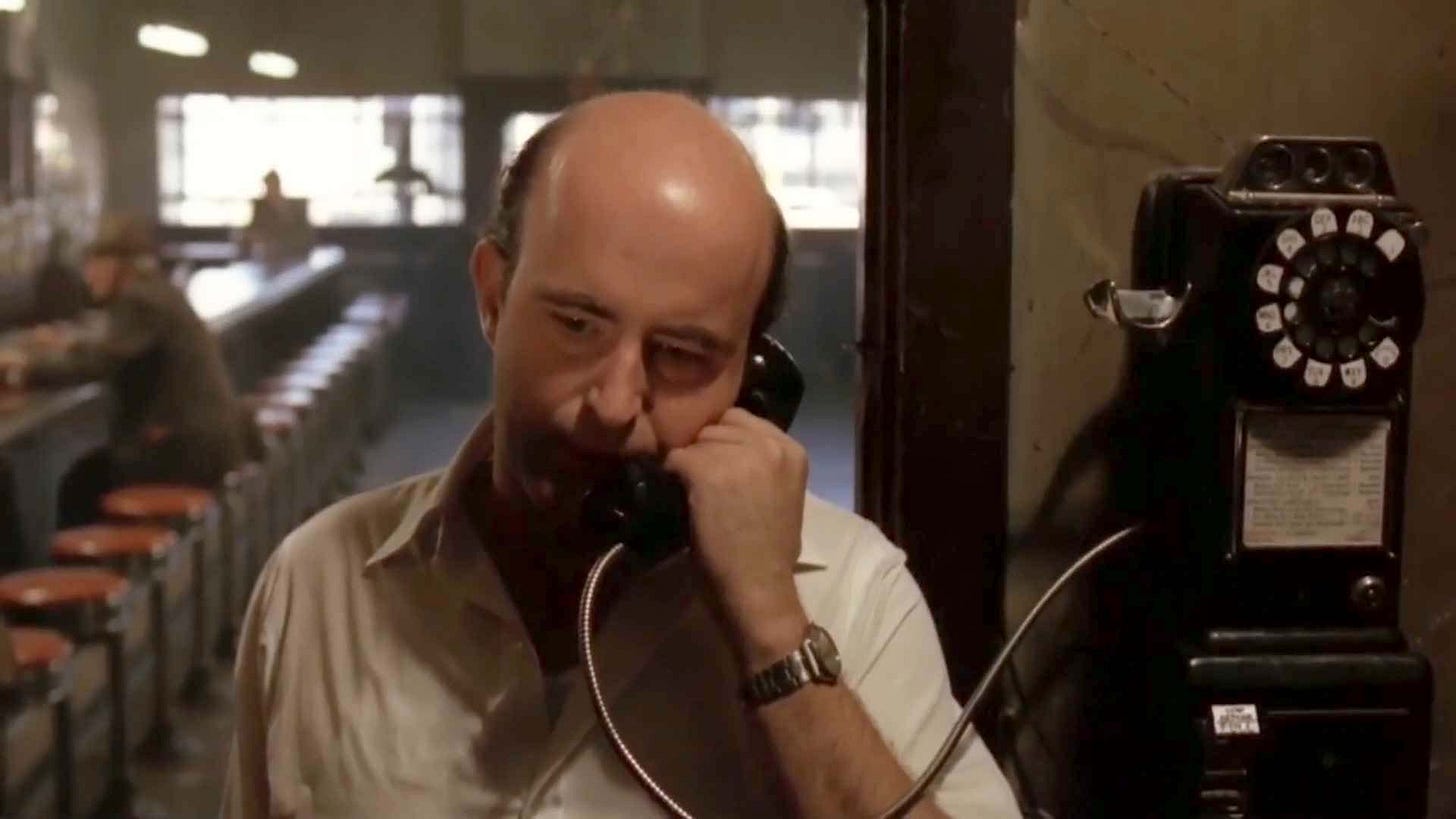My first band Galaxie 500 has been preparing a release of outtakes and B-sides we recorded alongside our three albums back in 1988-1990. Listening to the tapes we made then – not our albums or other released songs, which have a public history, but tracks we pretty much haven’t listened to or played for anyone since – has been an exercise in something other than nostalgia. The rejected recordings on those master tapes aren’t like old framed family photos. They’re contact sheets with in-between shots, fleeting expressions that didn’t become familiar memories through repetition. It’s not that they’re alien or strange – once prompted, they are easy to recall. But it’s a prompt to a kind of total recall, unedited and unfiltered. It bleeds outside the frame, since the frame is missing.
It's gotten me thinking about the larger environment of those years when we were a band in our twenties, and how different it seems from what younger musicians are facing now. Usually I question this kind of cross-generational judgement, cause how can I know what it is really like to be in one’s twenties today? Still, the Boston Globe reported last week that according to a new study conducted by Forbes, “Massachusetts has the second highest cost of living in the country.” (The first is Hawaii.)
When the three of us in Galaxie 500 moved to Massachusetts to go to college in the early 1980s, Boston was at a historic low point in its economic history. “Over the 60 year period between 1920 and 1980, Boston’s population had fallen from 758,000 to 563,000, and Boston’s real estate values in 1980 were so low that three quarters of its homes were worth less than the bricks and mortar cost of construction,” explains a working paper written for the National Bureau of Economic Research. What happened after that was, for a time, called the “Massachusetts Miracle” - the local economy retooled faster than most for an information age dependent not on industry but on technology, and a boom ensued. The area hasn’t been immune from the many economic shocks to the US economy since, but it keeps rebounding and more or less booming. Until now it rivals even famously expensive Hawaii for the cost of essentials measured by Forbes: “Housing, healthcare, taxes, food and transportation.”
Incomes have risen here too, of course. In the same study from Forbes, Massachusetts ranked number one for average annual salary in the nation: $80,329.60. Which means it can be easier to get by here than in some other places – so long as you earn an average (or better than average) income. But as everyone knows, music workers are generally not high earners. At the independent venue down the street from me in Cambridge, the highest base pay rate is $20 an hour. The club’s serving staff earn minimum legal wage for tipped employees, $6.75 an hour. And there are no benefits for hourly employees.
Musicians had badly paying jobs in the 1980s, too. But bad pay in a busted economy goes a lot further than it does in a boom. There is simply nowhere to live and no way to live in a city as expensive as Boston or Cambridge today for most musicians. That isn’t misty nostalgia speaking. It’s think-tank white papers and take-home pay.
If this is what boom times look like, give me back historic economic lows. In the 1980s we had more independent venues, more rehearsal spaces, more instrument shops, more record stores, and more musicians because so much of the scene was occupying spaces “worth less than the bricks and mortar cost of construction.” Boston wasn’t LA and it sure wasn’t Honolulu, we knew that. But it was a good place to be in a band.
Today, I suppose this is a good place to be in a job that is part of the boom: tech, finance and the like. Music is evidently not a part of that boom. Do musicians only belong in a bust? I doubt most fans would put it that way. But judging by the relative pay scale, it seems to be the case.
Don’t forget to tip your servers.
Listening to: When I’m Called, by Jake Xerxes Fussell
Cooking: Zucchini bread, with the one I didn’t notice under the leaves






and so many great bands in Boston back then! In CA we used to marvel at how amazing Salem 66, The Lyres, and so many other groups were. They inspired us (Vomit Launch!) and we were lucky to live in a similarly affordable place on the other side of the US (Chico, CA).
The attributes you listed that made Boston in the 80s a good place to be in a band, also made it a great place to be a music fan. Tons of good local bands playing affordable venues along with lots of used record stores with reasonable prices made it easier to take chances on bands that were new to me.